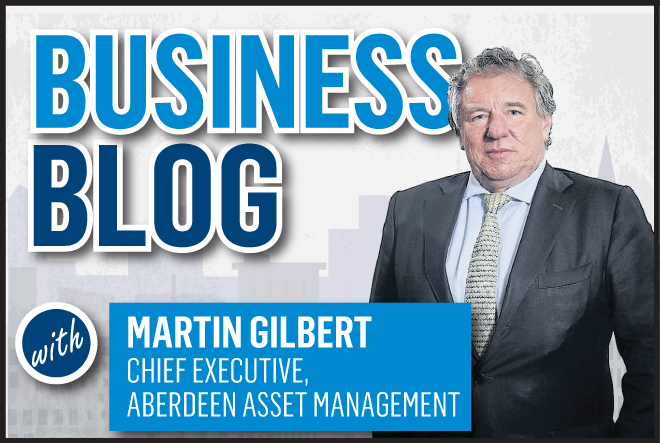Within days of taking office as prime minister, Theresa May made an important commitment when she pledged to reform capitalism. She was responding to the report on the BHS scandal, but it’s significant that Mrs May was drawing attention to the need for an overhaul of the free-market system long before she entered Number 10.
In a speech in 2013 she said: “Believing in free markets doesn’t mean we believe that anything goes.” That’s absolutely right. No genuine capitalist, starting with Adam Smith, has ever believed that anything goes: the market is intended to be a wealth-creating mechanism of universal benefit.
Theresa May went on to say capitalism wasn’t perfect, but added: “Where it’s manifestly failing, where it’s losing public support, where it’s not helping to provide opportunity for all, we have to reform it.”
The Prime Minister’s longstanding commitment to market reform is potentially very helpful. But government’s contribution should be to encourage and facilitate reform, rather than imposing it prescriptively, a course of action that can create more problems than it solves.
The corporate world shouldn’t wait to be reformed by legislators, it should be proactive in cleaning up its own act. We need to create a culture of inclusive capitalism that benefits not only shareholders, clients and employees, but society at large.
“Inclusive capitalism” isn’t a PR soundbite, it’s a practical agenda for regenerating capitalism so that it returns to its original function of creating wealth for the entire community.
Last May the Prince of Wales and Mark Carney, Governor of the Bank of England, were among the speakers at a conference in London on Inclusive Capitalism, reflecting how mainstream this agenda has become in the financial services industry. The credit crunch of 2008, the BHS controversy and other high-profile problems have lent new urgency to the drive for reform of corporate governance.
One issue in this debate was highlighted recently with the publication of the report by the Investment Association’s Executive Remuneration Working Group. The report recommends a shift to more varied pay structures, away from the current tendency of many boards to play safe and placate shareholder opinion by adopting pay structures that create a disconnect between individual executives’ functions and performance and their remuneration.
The Prime Minister has signalled her intention to take action on executive pay, including the possible imposition of binding shareholder votes on remuneration. But the 72% shareholder vote against the reforming remuneration proposals by Weir Group wasn’t an encouraging example, showing a serious communication failure between management and investors who resisted the notion of awarding restricted shares to executives.
Capitalism needs to reinvent itself, but that’s nothing new: it always has done that. Capitalism has to be constantly updated, like the routine production of new models of cars for the motoring market, to keep it fit for purpose.
Inclusive capitalism is the latest model, but it’s just a streamlining of the values genuine capitalism has always stood for. It means CEOs and executives have responsibilities beyond generating profit. It means fair treatment of customers, with transparency in relation to goods or services and in pricing,
There needs to be a focus on quality in every area of operations, ranging from client service to investment communications, from administration to corporate governance. The customer experience should be comprehensively positive.
All stakeholders should be respected. Employees should be valued as individuals and looked after, fairly remunerated and motivated to take a pride in their contribution to the company. Promoting diversity in the workforce is a key component of inclusive capitalism. Suppliers, too, should be dealt with fairly.
Inclusive capitalism is the culture we need to promote across the corporate world. We need to consign the flawed culture that produced the BHS debacle to the dustbin of history. Capitalism isn’t solely about profit, it’s about improving society through responsible, public-spirited wealth creation.
Sir John Templeton, a legendarily successful investor who shared the same moral outlook as Adam Smith, summed it up: “The market economy depends for its survival on the personal integrity of those acting within it. People who don’t act with integrity are also punished by the mechanism of the market.”
The long-term, sustainable profitability that inclusive capitalism engenders will be welcomed by Theresa May and all of her successors.
